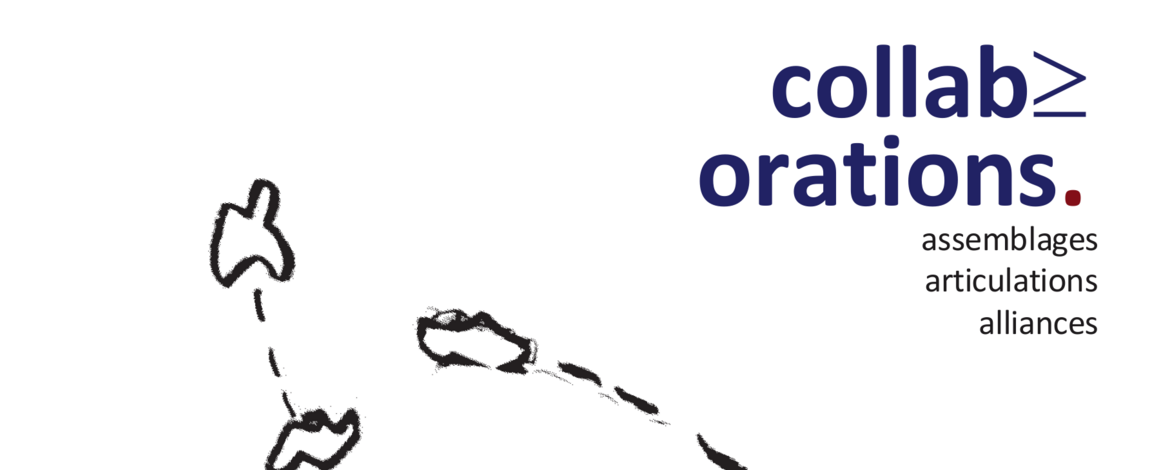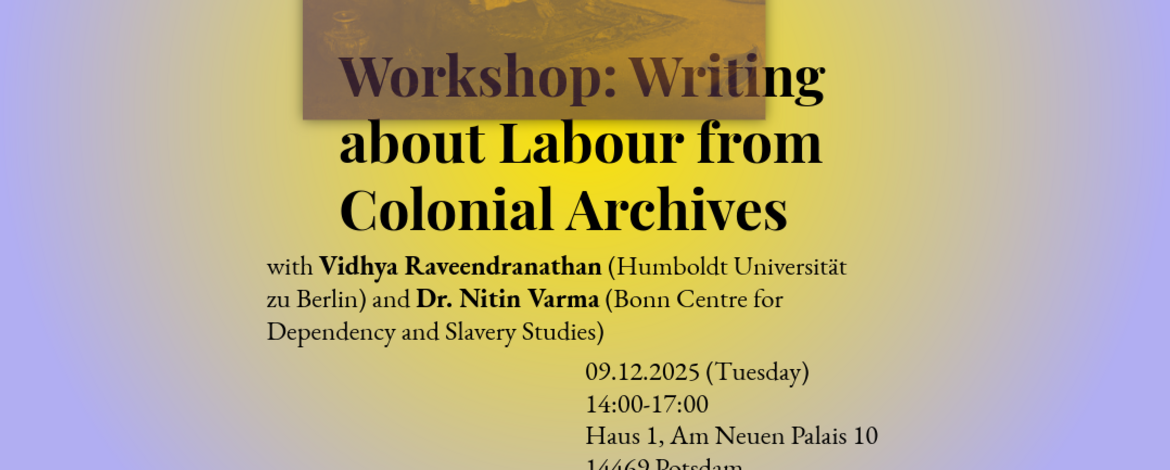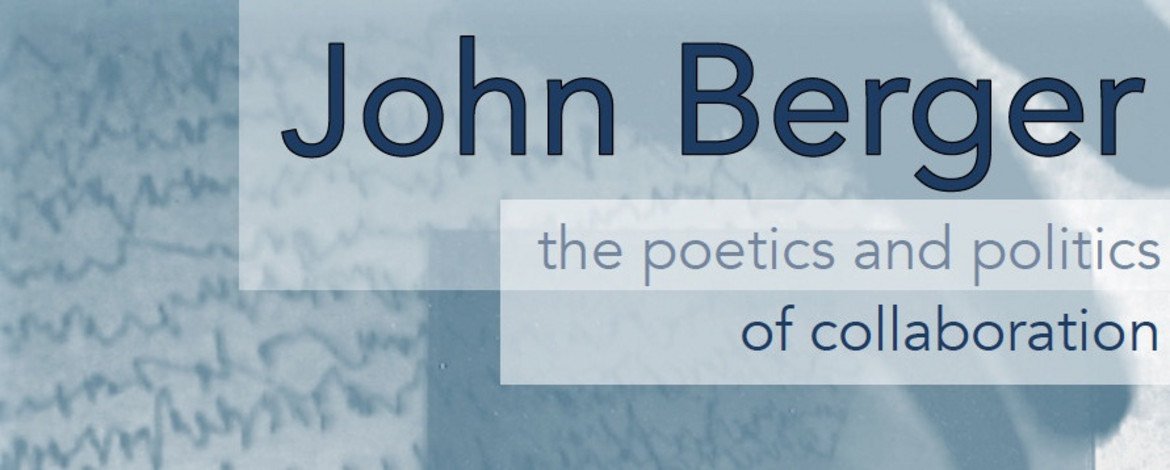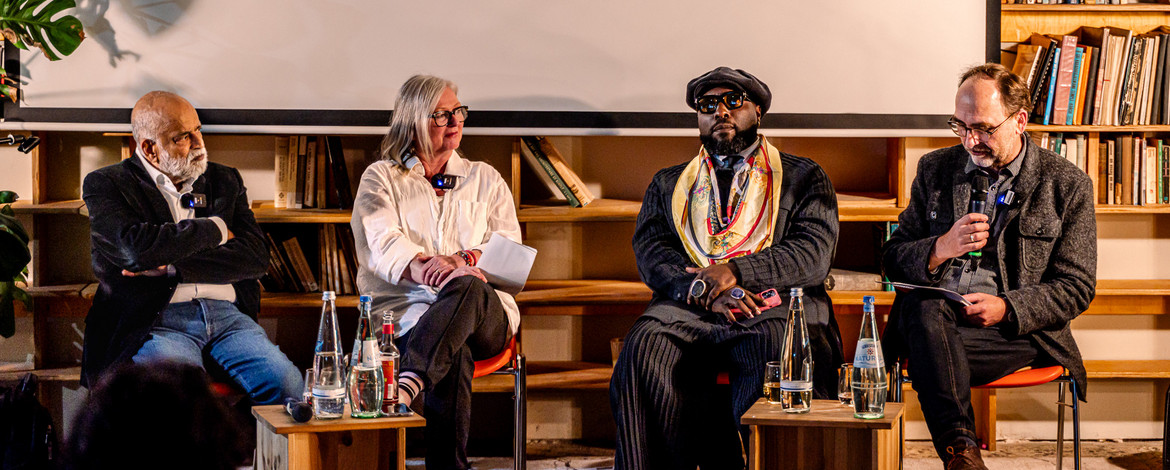Statement against harassment of our colleagues
Harassment and bullying have no place in the Research Unit Collaborations, and we strive to provide a safe and supportive environment for all members. Recently, two of our early-career researchers have been subjected to inappropriate online behaviour that has had a significant impact on their wellbeing.
Hereata Pereyre and Brigalow McIntosh, PhD scholars in the Oceanian Poetic Collaborations and Settler Decolonization on Country projects, have been the targets of ongoing online harassment by a former colleague. Despite requests for the behaviour to stop, the offensive content has continued. The matter has been formally reported to the appropriate authorities.
We encourage anyone who encounters harmful or harassing content targeting members of our team to report it directly to the relevant social media platforms. Maintaining a respectful and safe professional community is a shared responsibility, and we appreciate your support.
Many of the most pressing challenges of our contemporary world call for social and political practices, but also acts of theorizing, that are planetary in their scope and collective in their orientation. Among these challenges are; the rapid increase in social inequalities and financial disparities both within (even affluent) national economies/societies and, more pressingly, all across the globe; the unfinished project of decolonization and the concomitant extractivist subordination of most regions of the Global South; excessively violent military conflicts in the form of ‘new’ as well as ‘old’ wars; the massive infiltration of the public sphere with hate speech and fake news; the waning of democracy in the wake of the forceful rise of right-wing populist movements all over the world, and the global ecological destruction in the wake of the uninhibited economic pursuit of “growth“ worldwide.
These challenges are of a global scale. We are interested in how they are experienced and addressed in and from different locations and situations in collaborative practices -- practices that already carry their own worldviews and epistemologies. This requires acts of theorizing that move beyond exclusively Western knowledge practices. We are convinced that creative practices in art, activism and scholarship are where this is worked out.
In seven distinct but closely entangled projects, the Research Unit focuses on a wide range of cultural texts, artifacts, performances, social movements and practices that point to new ways of addressing the planet-wide multi-crises we inhabit. In this spirit we aim to systematically and exemplarily research emergent as well as persistent forms of social and political collaboration of human as well as other-than-human actors. Our Research Unit is itself a collaborative effort in which scholars with an expertise in Anglophone literary and cultural studies cooperate with colleagues from the areas of sociology, anthropology and political theory. The Principal Investigators have all been actively involved in the DFG-funded Research Training Group (Graduiertenkolleg) Minor Cosmopolitanisms (2016-2025) and share the experience of benefitting from the reciprocal enlargement of discipline-specific perspectives. The scholars, activists and artists assembled in this Research Unit work from multiple/different locations and situations across the planet.
The Research Unit is funded by the German Research Association (DFG) for a period of four years beginning in January 2025.
We regret that for the time being the Research Unit does not have any job vacancies for early-career scholars. Therefore we kindly ask you to refrain from sending unsolicited applications.




